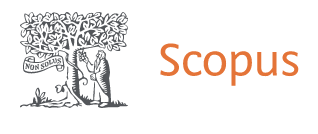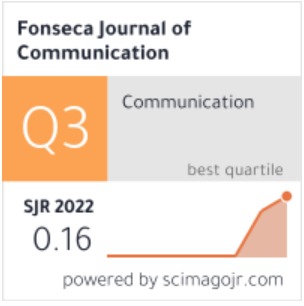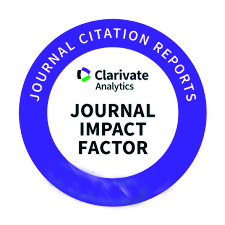CORRELATION ANALYSIS ON THE AWARENESS AND EDUCATIONAL ACTIVITIES OF CHINESE OPERA SONG, “XIGE (戏歌)”
Yoon Yang
Department Music Technology, The Graduate School, Sangmyung University, Republic of Korea
Seungyon-Seny Lee
Professor, Department Music Technology, The Graduate School of Culture Technology, Sangmyung University, Republic of Korea
DOI: https://doi.org/10.48047/fjc.28.01.21
Abstract
One of the reasons that Xige’s singing methods and direction techniques are complicated is that they require Chinese opera song singing techniques, and the other reason is the necessity of reflecting Chinese traditional culture awareness. It is therefore recommended that Xige education be taught by professional teachers in special educational institutions. Considering this point, this study conducted a survey of music major teachers at universities in China. The study questions were seven in total, with the variables of teachers’ awareness of Xige, teaching methods, availability of application methods. They were used in teachers’ preferences and value differentiation for the purpose of determining if there was a correlation between them. In the result, there was an opinion that Xige teaching methods should include a consideration of the value of traditional arts. It was revealed that the more preferences Xige teachers have, the higher their value differentiation. In this context, six of the seven hypotheses were accepted, while a single hypothesis regarding the relationship between teachers’ teaching methods and value differentiation was rejected. This means that teachers could struggle to coordinate many factors of singing methods of plays to create Xige. This finding may be significant in the field of traditional music teaching. Additionally, through frequency analysis based on a survey of teachers’ basic data, we found that higher teaching backgrounds of teachers and their age made them accept Xige more. The most effective channels for passing on Xige are television and internet broadcasts.
















